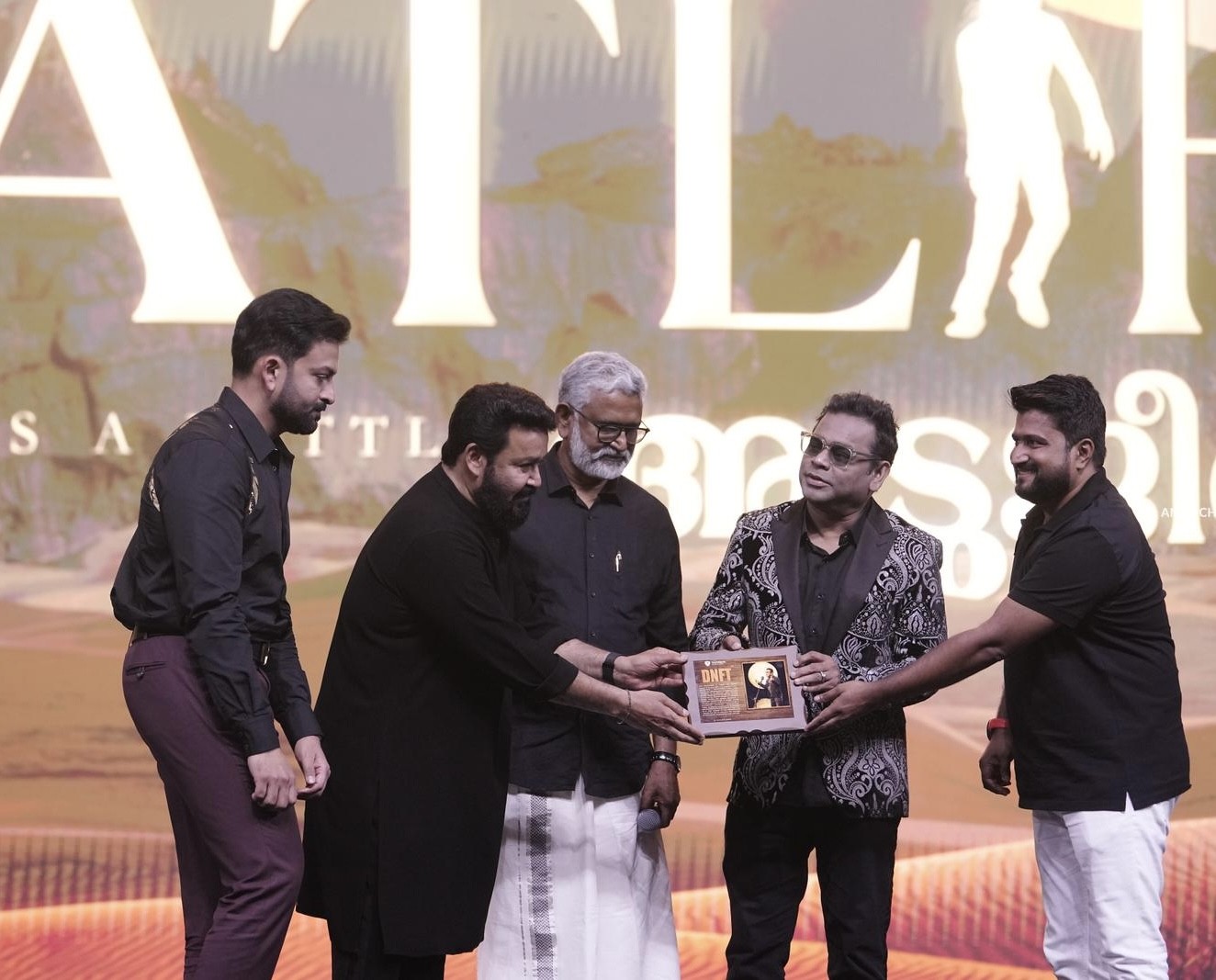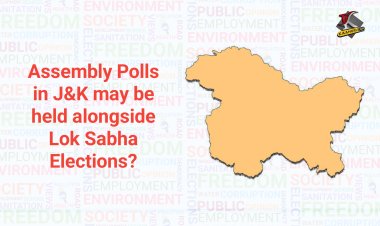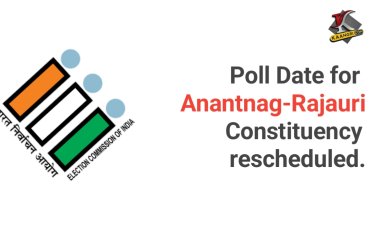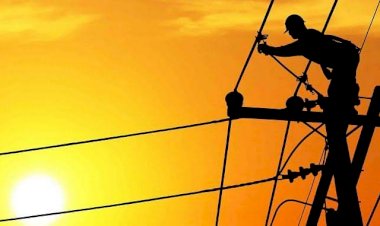Chief Justice Rebukes Lawyers in Supreme Court
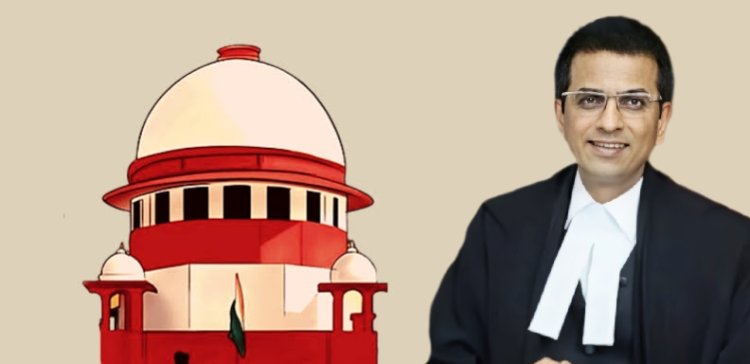
In a courtroom showdown, Chief Justice of India (CJI) DY Chandrachud delivered a stern rebuke to Adish Aggarwala, the president of the Supreme Court Bar Association (SCBA), during today's hearing on electoral bonds.Aggarwala, also a senior advocate, had petitioned for a review of the Supreme Court's recent judgment scrapping the electoral bonds scheme and ordering the disclosure of political funding details.
Per a viral video, CJI Chandrachud scolded advocate Mathews Nedumpara and told him not to raise his voice.
“Don't shout at me! This is not a Hyde Park corner meeting, you are in the court. You want to move an application, file an application. You have got my decision as Chief Justice, we are not hearing you. If you want to file an application, move it on the email. That's the rule in this court,” he said.
However, his approach drew the ire of the Chief Justice, who dismissed it as "publicity-related stuff."The Chief Justice's terse response was, "Apart from being a senior counsel, you are president of SCBA. You have written a letter invoking my suo motu powers.
These are all publicity-related stuff and we will not get into this. Do not make me say anything more. It will be distasteful."Solicitor General Tushar Mehta distanced himself from Aggarwala's request, stating, "We don't support this."Aggarwala's earlier letter to President Droupadi Murmu, advocating for a presidential reference of the Supreme Court's judgment, had caused controversy.
The SCBA disavowed his actions, emphasizing that the Executive Committee had not authorized him to write such a letter and condemned his attempt to undermine the court's authority.
The resolution issued by the bar association highlighted that Aggarwala's letter seemed to have been penned in his capacity as the Chairman of the All India Bar Association, but he had referenced his position as SCBA President beneath his signature, leading to confusion.Aggarwala had argued in his letter that revealing the names of corporate donors could expose them to victimization and damage the nation's international reputation if the judgment were implemented retrospectively.
The courtroom clash underscores the tension surrounding electoral funding transparency and the role of legal bodies in advocating for their members' interests.Stay tuned for further developments on this contentious issue.



